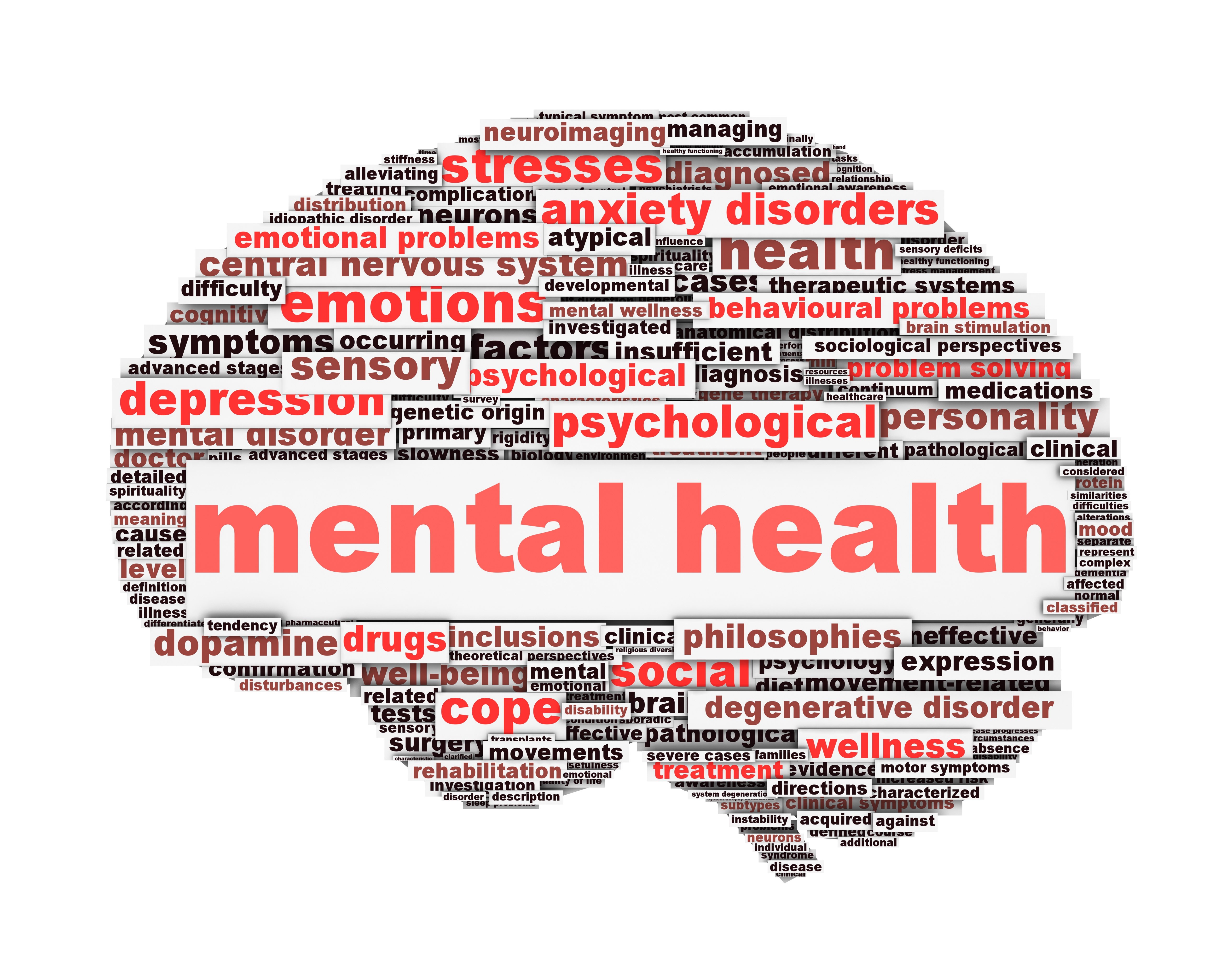Inpatient Mental Health Providers: A Course to Recovery and Stability
Inpatient psychological wellness solutions play a crucial function in resolving intense emotional situations, providing a carefully structured setting that cultivates healing and security. The complexities of the admission process and the significance of aftercare raising important questions regarding accessibility and efficiency in the more comprehensive context of psychological health treatment.
Recognizing Inpatient Mental Wellness Solutions
Inpatient mental health solutions are necessary for providing structured and intensive like individuals experiencing severe mental distress or psychological disease. These solutions typically entail the admission of clients to specialized centers where they obtain day-and-night supervision and assistance from a multidisciplinary team of mental wellness professionals. The primary goal of inpatient treatment is to maintain individuals, guaranteeing their safety and security and resolving acute symptoms that may posture a threat to themselves or others.
Inpatient programs commonly consist of a series of healing treatments, consisting of specific and team therapy, drug administration, and psychoeducation. The structured setting is designed to promote recovery by offering a consistent regimen, reducing outside stress factors, and assisting in the advancement of coping methods.
Admission to inpatient solutions is usually considered when outpatient therapy options have actually proven not enough or when a person is in dilemma. Facilities may vary in terms of their specific emphasis, with some specializing in particular problems such as stress and anxiety, substance, or depression use. Through thorough analyses and customized therapy strategies, inpatient psychological wellness solutions intend to supply the required assistance for individuals to gain back security and plan for a shift to less intensive degrees of care.
Benefits of Inpatient Care
The advantages of inpatient treatment are considerable, especially for people facing intense psychological wellness difficulties. Inpatient therapy gives an organized atmosphere that cultivates recovery by minimizing interruptions and stress factors related to day-to-day live. This controlled setup allows clients to concentrate exclusively on their psychological wellness, helping with the required time for recovery.
Additionally, inpatient treatment deals 24/7 accessibility to clinical and restorative support. This consistent schedule ensures that individuals can get immediate interest throughout crises, which is vital for those experiencing serious episodes - Inpatient Mental Health Facility. The joint strategy amongst clinical personnel, including nurses, psychiatrists, and therapists, boosts the top quality of treatment and promotes a thorough therapy strategy tailored to private requirements
In addition, the communal aspect of inpatient treatment promotes a sense of belonging and support among clients. Group therapy sessions and shared experiences can minimize sensations of seclusion, encouraging people to engage in their recuperation actively.
Moreover, inpatient programs frequently supply individuals with vital coping methods and abilities that can be testing to create in outpatient setups. By addressing underlying concerns within a helpful structure, inpatient treatment can bring about more steady outcomes and a smoother shift back to daily life, ultimately paving the path to sustained recuperation.
Treatment Methods and Therapies
Different therapy techniques and therapies are used in inpatient mental wellness solutions to resolve the one-of-a-kind requirements of each person. These approaches are developed to assist in recovery and advertise psychological security in a structured environment.

Cognitive Behavioral Treatment (CBT) is a widely utilized approach, aiding individuals in recognizing and altering negative thought patterns that add to their psychological health and wellness problems - mental health services. Dialectical Behavior Modification (DBT) is another effective approach, specifically for those with borderline character condition, concentrating on emotional law and social efficiency
Pharmacotherapy plays a critical role in treatment, with psychiatric drugs recommended to handle symptoms of conditions such as anxiety, clinical depression, and schizophrenia. Regular monitoring and adjustments make certain the effectiveness of these drugs while minimizing negative effects.
Group treatment cultivates a sense of community and support among clients, allowing them to share experiences and dealing strategies. In addition, holistic therapies, such as art and songs therapy, promote self-expression and useful source psychological recovery.
Ultimately, the mix of these varied therapeutic modalities gives a thorough therapy plan customized per person's specific needs, aiming to enhance their general well-being and assist in a successful shift back right into day-to-day life.
The Admission Refine
Browsing the admission process for mental wellness solutions is a vital very first step towards healing. This process usually starts with an analysis conducted by a psychological health and wellness expert. Throughout this evaluation, the individual's psychological health history, symptoms, and prompt needs are completely examined. This extensive evaluation aids establish the suitable degree of care and ensures that the person gets customized treatment.
As soon as the assessment is completed, the next action involves discussing the prospective therapy choices. The specific and the therapy team collaboratively pick the most effective course of action, which may include inpatient treatment if the circumstance is deemed extreme. This is followed by the completion of necessary paperwork, consisting of insurance confirmation and permission types, to guarantee that all monetary and lawful elements are addressed.
In addition, household involvement might be motivated during this stage to offer support and gather viewpoints on the individual's situation. Inevitably, the admission process intends to create a risk-free and supportive atmosphere for the patient, permitting a smooth change right into inpatient treatment. By understanding and getting involved in this procedure, people can take an essential action towards achieving mental health and wellness stability and healing.

Aftercare and Ongoing Assistance
After completing an inpatient mental health and wellness program, individuals frequently face the important task of transitioning to aftercare and ongoing assistance, which are necessary for sustained recuperation. This stage is essential for reinforcing the abilities and coping systems learned during the inpatient remain, making sure that individuals remain to proceed in their psychological health journey.
Aftercare typically entails a mix of outpatient therapy sessions, assistance teams, and medicine administration. Involving in normal therapy permits individuals to deal with recurring challenges and develop methods to deal with stress factors in their lives. Assistance groups provide a sense of neighborhood and common experience, cultivating link useful reference and understanding amongst peers encountering similar try these out struggles.
In addition, recurring assistance may include household participation, where liked ones are enlightened concerning mental wellness issues and motivated to take part in the recuperation procedure. This holistic strategy develops a durable assistance network, enhancing the individual's possibilities of long-term security.
Eventually, ongoing and aftercare assistance work as a bridge in between inpatient therapy and independent living, equipping people to navigate their mental health and wellness challenges with resilience and self-confidence. Prioritizing these resources is vital for fostering a sustainable recovery trajectory.
Verdict

Inpatient psychological wellness solutions play a vital duty in resolving severe psychological dilemmas, offering a carefully structured setting that promotes recovery and stability.Inpatient mental wellness services are important for providing structured and extensive treatment to people experiencing extreme psychological distress or psychological ailment. Via detailed assessments and tailored therapy plans, inpatient mental health services aim to supply the needed support for individuals to reclaim security and prepare for a transition to less extensive degrees of care.

Comments on “Residential Mental Health Services Designed for Whole-Person Care”